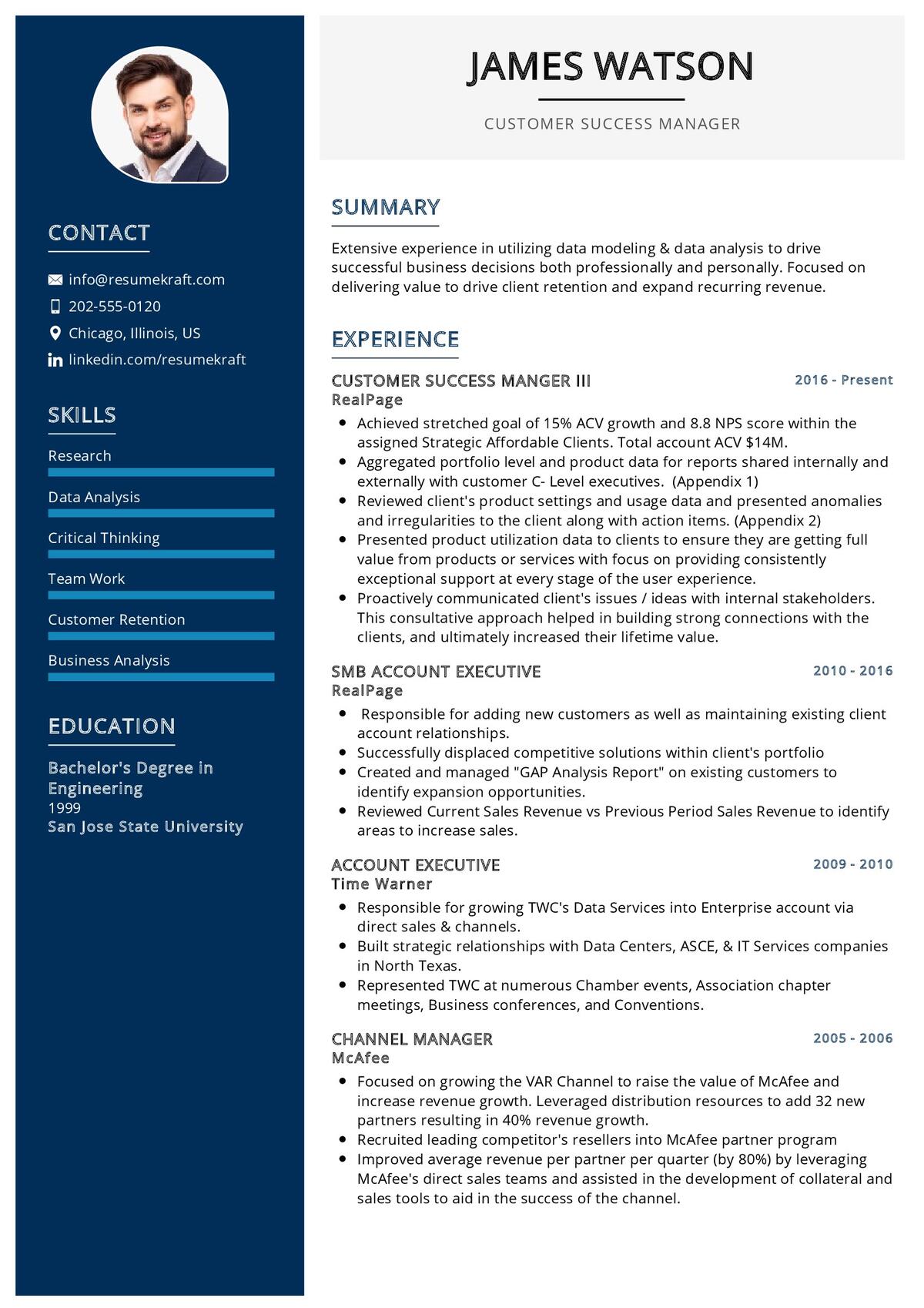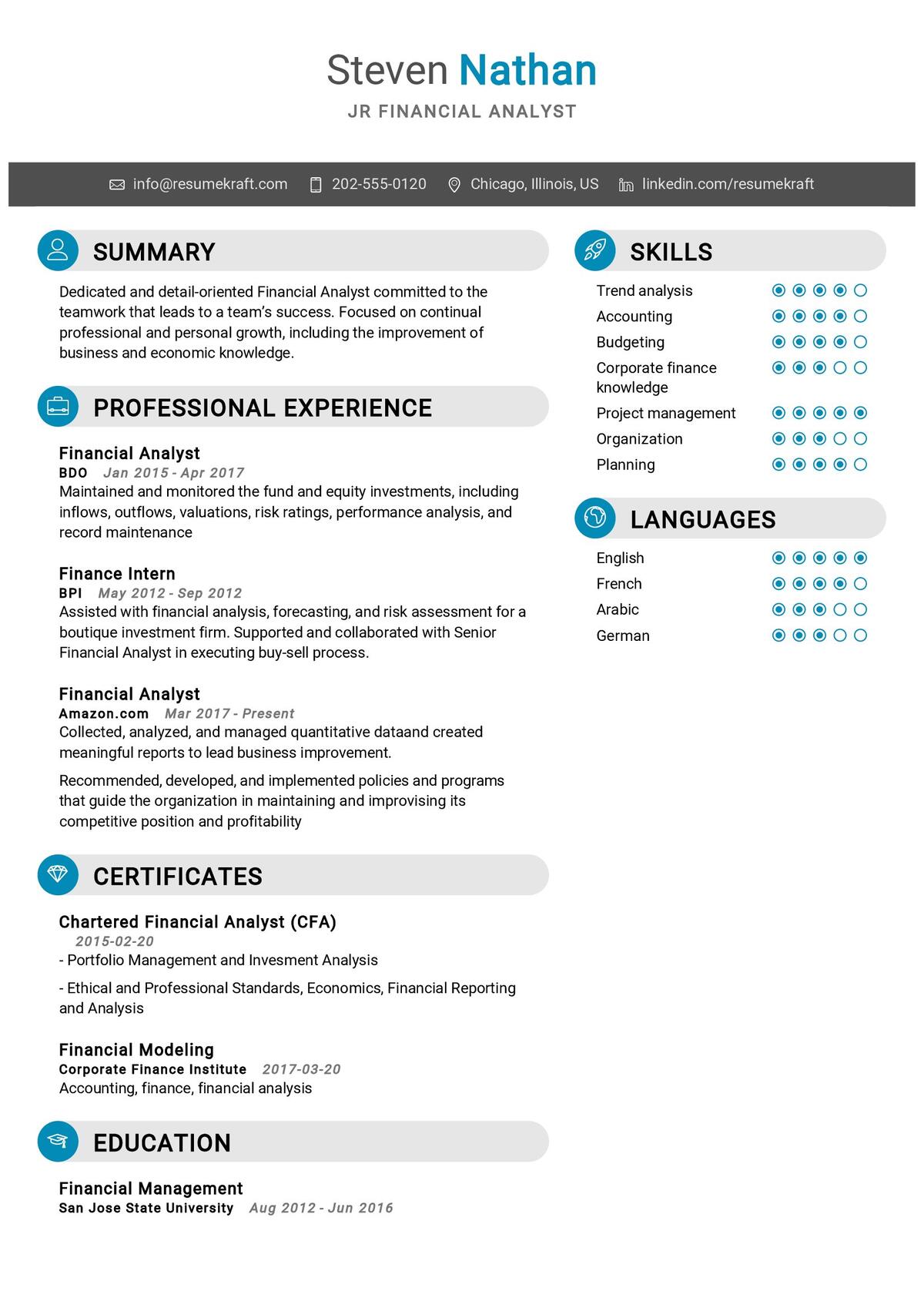
When you’re applying for a new job, your resume is your chance to show off your skills and experience. But with so many different skills out there, how can you make sure you’re including the best ones?
In this article, we’ll give you some tips on how to choose the right skills to include on your resume. We’ll also help you figure out which skills are most in-demand, so you can make sure your resume is as impressive as possible. So if you’re ready to learn more about crafting the perfect resume, read on!
When you’re looking for a job, your resume is one of the most important tools you have. It’s your chance to show employers what you’re capable of and convince them to give you a chance. One of the key components of a strong resume is listing your skills. When you are putting together your resume, it is important to make sure that you include the skills that will make you the most qualified candidate for the job.
Defining the skills you want to include on your resume
Some people believe that job skills are innate and cannot be learned, while others believe that job skills can be taught and learned. If you are planning to include job skills on your resume, it is important to think about which skills you want to include.
Some job skills that you may want to consider include:
- Communication skills: The ability to communicate effectively is essential in any job.
- Organizational skills: Being able to organize and prioritize tasks is important in any job that involves managing people or projects.
- Problem-solving skills: Being able to identify and solve problems is a valuable skill in any job.
- Leadership skills: The ability to lead and motivate others is a valuable skill in any job that requires managing people.
- Interpersonal skills: The ability to interact effectively with others is important in any job that involves working with people.
- Computer skills: The ability to use computers is important in any job that involves using technology.

Some examples of job skills that are relevant to specific jobs include:
-A customer service representative needs strong communication and interpersonal skills.
-A marketing manager needs strong leadership and organizational skills.
-A web developer needs strong computer skills.
The skills you include on your resume should be tailored to the specific job you are applying for. Including a mix of both hard and soft skills will give you the best chance of impressing employers.
Some examples of soft skills include:
- Communication
- Leadership
- Problem solving
- Interpersonal skills
Some examples of hard skills include:
- Web development
- Graphic design
- Accounting
- Marketing
Considering what skills are most relevant to the job you’re applying for
- Some relevant skills for the job are: good communication, active listening, ability to work in a team, computer literacy, and customer service skills.
- The job posting mentions skills such as good communication, active listening, and ability to work in a team.
- Some commonly required skills for the position are: good communication, active listening, ability to work in a team, computer literacy, and customer service skills.
- Some unique skills that would make me a valuable asset to the company are: my organizational skills, my ability to multitask, and my customer service skills.
- Some skills that I am passionate about and have a strong interest in are: my organizational skills, my ability to multitask, and my customer service skills.
- Some skills that I have acquired through previous experiences, education, or training are: my organizational skills, my ability to multitask, and my customer service skills.
- Some skills that would be beneficial to the company are: my organizational skills, my ability to multitask, and my customer service skills.
- Some skills that I am willing to develop are: my computer literacy skills, my ability to work in a team, and my customer service skills.
- Some skills that would make me an excellent candidate for the job are: my organizational skills, my ability to multitask, and my customer service skills.
- Some skills that would benefit the company are: my organizational skills, my ability to multitask, and my customer service skills.
Researching what other skills are commonly required for the role
- Start by researching the job role you are applying for and identify the key skills required for that role.
- Look at job postings for similar roles and identify any additional skills that are commonly required.
- Ask friends, family, and colleagues if they know of any other skills that would be beneficial to include on your resume.
- Utilize online resources such as job boards and career websites to research what skills are in demand.
- Review the job descriptions of positions you are interested in and highlight any skills that are required.
- Use keyword research tools to identify which skills are most commonly associated with the role you are applying for.
- Attend job fairs and networking events to learn more about what skills employers are looking for.
- Take courses or attend workshops to gain additional skills that will make your resume stand out.
- Use social media to connect with professionals in your field and find out what skills they consider to be essential for success.
- Keep your resume up to date with your latest skills and experience to ensure you are always ready to apply for new opportunities.

Determining how to best showcase your skills on your resume
- Define your professional brand: take some time to think about what makes you unique and what you want to be known for professionally. This will help you focus your resume and target it to the right audience.
- Research the skills that are most important for your target role: look at job postings and research what skills are most commonly required or preferred.
- Highlight your relevant skills: make sure to include skills that are both relevant to the role you’re targeting and that you have actually developed.
- Use concrete examples: rather than just listing your skills, use specific examples of times when you have utilized them to demonstrate their importance.
- Avoid using jargon: unless you’re sure the person reading your resume will understand it, avoid using overly technical language or jargon.
- Use keywords wisely: choose your keywords carefully and use them throughout your resume, including in your skills section, to ensure you are being found by the right people.
- Proofread your work: avoid typos and incorrect grammar at all costs – have someone else proofread your resume before you send it out.This is a great start, but to really make your resume stand out, you should also consider including:
- Quantifiable information: including hard numbers and data can help demonstrate your impact and abilities.
- Transferable skills: if you have skills that are relevant to the role you’re targeting but that you developed in a different field or context, make sure to highlight those as well.
- Action verbs: using active language helps demonstrate your enthusiasm and energy – two qualities that are always valued in the workplace.
Highlighting your skills in your resume’s work experience section
Highlighting skills in the work experience section of your resume is a great way to show off your qualifications and experience to potential employers. Here are a few tips to help you get started:
- Start by identifying which skills are most relevant to the position you’re applying for. The skills you highlight should be directly related to the job you’re hoping to get.
- Highlight these skills in each position description. As you’re describing your work experience, be sure to include the skills that are most relevant to the job you want.
- Use action verbs to describe your skill set. This will make your skills sound more impressive and show that you’re actively using them in your work.
- Quantify your skills whenever possible. If you can provide concrete evidence of your skills, do so. For example, if you’re highlighting your ability to manage projects, you might include how many projects you’ve successfully completed.
- Be honest. Don’t try to inflate your skills or experience. Potential employers will likely be able to see through this and it will reflect poorly on you.
By following these tips, you can ensure that your work experience section is effectively highlighting your skills and helping you land the job you want.

Utilizing other sections of your resume to demonstrate your skills
Including a “Skills” section on your resume is a great way to demonstrate your abilities to potential employers. Here are 10 tips for making sure your Skills section is up to par:
- Tailor your Skills section to the job you’re applying for – highlight the skills that are most relevant to the position you’re interested in.
- Use industry-specific language to describe your skills – this will show that you have a good understanding of the field you’re hoping to enter.
- Keep your Skills section concise and to the point – too much information will only overwhelm employers.
- Highlight skills that are unique to you – this will help you stand out from the competition.
- Make sure the skills you do list are up-to-date – outdated skills will only make you look bad.
- Don’t forget to list soft skills as well as hard skills – employers value both.
- Don’t lie or exaggerate about your skills – this will only come back to bite you later on.
- Use bullet points to list your skills – this will make them easier to read and digest.
- Make sure your Skills section is well-written and free of errors – this will show employers that you’re detail-oriented and take pride in your work.
If you follow these tips, your Skills section is sure to impress potential employers and help you land the job you’re after.
Planning to Write a Resume?
Check our job winning resume samples


Some skills that you should include on your resume are: -Communication skills -Organizational skills -Leadership skills -Problem solving skills -Time management skills
Some tips for including your skills on your resume are: -Make sure to list your skills in a way that is easily understood by the reader. -Include a mix of hard and soft skills.Be sure to highlight your skills in the summary or objective section of your resume.
You can ensure that your skills are included on your resume in the best way possible by: -Listing your skills in a way that is easily understood by the reader. -Including a mix of hard and soft skills. –
There are a few things you can do to make sure your resume stands out. First, make sure to include relevant keywords that will help you to be found in a resume search. Secondly, make sure to highlight your most relevant experiences and skills in an easily visible way, such as through the use of bolding, italics, or underlining. Finally, try to avoid using generic or overused phrases, and instead focus on creating specific and powerful statements that will grab the attention of the reader.
Conclusion
In conclusion, there are a few key things to keep in mind when including skills on your resume. First, make sure to only include skills that are relevant to the job you are applying for. Secondly, don’t just list your skills, do include an explanation of how you have used those skills in the past.
Finally, don’t forget to include both hard and soft skills, as both are important to employers. By following these tips, you can be sure to include the best skills on your resume and increase your chances of landing the job you want.
Recommended Reading:

